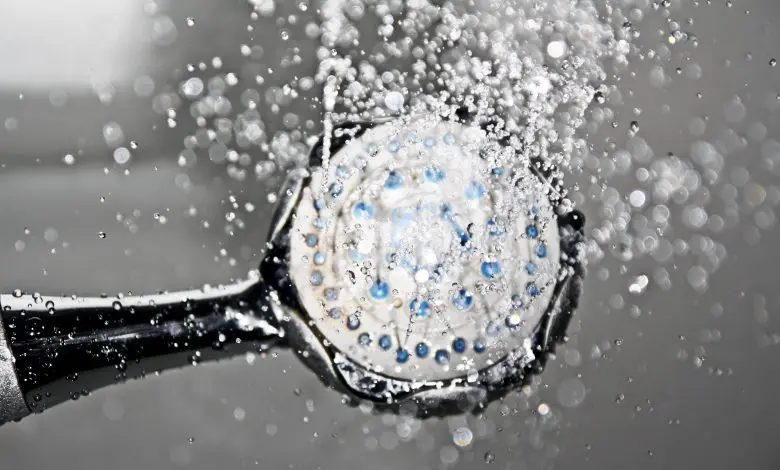5 Tips to Make Sure the Hot Water Never Runs Out Again

Imagine standing in a warm, soothing shower when suddenly the water turns ice-cold. After a long day, a hot shower can be the ultimate stress relief, so a sudden blast of cold water can be shocking and frustrating. Similarly, an unexpected stop to your dishwasher’s hot water cycle can disrupt your routine.
Whether your water heater is gas or electric, there are practical tips and affordable enhancements that can significantly reduce your energy bills while boosting efficiency. No matter the cause of your hot water woes, we’ve compiled essential steps to help you avoid running out of hot water.
1. Adjust Shower Schedules Appropriately
When hosting multiple guests, the best way to avoid running out of hot water is to plan strategically. Create a shower schedule that spaces out showers evenly, giving your water heater ample time to reheat water between uses. Communicate with your guests ahead of time about their preferences for morning or evening showers, and establish a schedule that fits everyone’s needs. This simple step prevents the frustration of cold showers and keeps your household running smoothly.
Showers aren’t the only aspect to consider during gatherings. If you’re hosting a holiday meal, check out Kitchen Safety Tips for the Holidays and 4 Tips to Avoid Oven Disasters to keep your kitchen safe. Also, ensure your holiday decorations won’t pose a risk by reviewing Holiday Lights Safety Tips.
2. Purchase a Tankless Water Heater
Tankless water heaters are gaining popularity for their efficiency and energy savings. Unlike traditional models that continuously heat and store hot water in a tank, tankless systems heat water on demand as you open the faucet. This means you get hot water instantly without the energy losses associated with maintaining a reservoir of hot water all day. For reliable installation and maintenance, be sure to hire professional water heater installation providers to ensure quality service and products.
3. Calculate the Time Required for Refilling
Understanding your water heater’s recovery time can help you avoid cold water surprises. Generally, a 50-gallon water heater takes about 20 minutes to refill and another 20 minutes to reheat to the desired temperature. Larger tanks may require an additional 60 minutes. Knowing these timelines helps you plan shower times more effectively. For example, if Aunt Jodie ends her shower early and the water cools down, waiting for an hour before your next shower allows the water to reheat properly.
4. Wrap Your Water Tank and Pipes with Insulation
Heat loss in water heaters often occurs through the tank and exposed pipes. Investing in insulation blankets for your water tank and insulating exposed hot water pipes can dramatically reduce heat loss, increasing energy efficiency and lowering bills. These insulation materials are affordable and easy to install but avoid covering critical components like the thermostat or burner on the tank to maintain safety and performance.
5. Be Conscientious of Appliances and Household Chores
Use eco-friendly cycles on your dishwasher and washing machine to reduce water and energy consumption, lessening the demand on your hot water system. Additionally, staggering the operation times of these appliances helps prevent a sudden drain on hot water supply. For laundry, opt for cold or warm water cycles when possible—this saves energy, protects fabrics, and keeps colors vibrant longer.
Conclusion
If troubleshooting your water heater feels overwhelming, or if you suspect it’s on the brink of failure, contact a local water heater specialist. Professionals can perform detailed inspections, identify potential issues, and recommend necessary repairs or upgrades ensuring your system runs efficiently and reliably.
For more detailed insights on maintaining Hotel Deals Demystified: The Dos and Don’ts of Booking Savings , visit our comprehensive Home Improvement category.
Beyond these practical tips, consider routine maintenance for your water heater to extend its life and efficiency. Flushing the tank annually removes sediment buildup that can reduce heating efficiency and cause premature failure. Regularly inspecting the anode rod helps prevent corrosion. Investing in a smart water heater controller can optimize operation schedules and monitor usage, leading to further energy savings. Staying proactive with maintenance not only safeguards your hot water supply but also helps you save on costly repairs in the long run.





